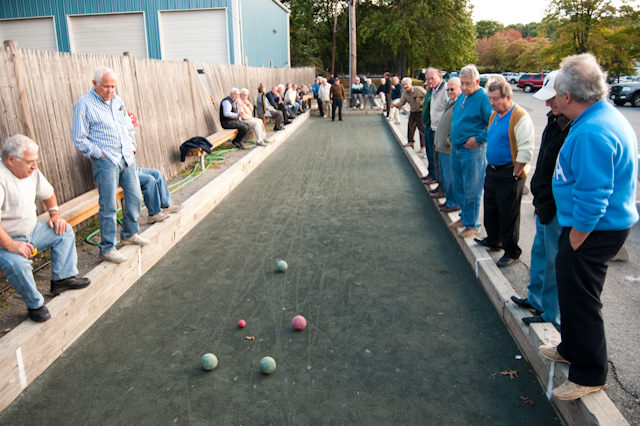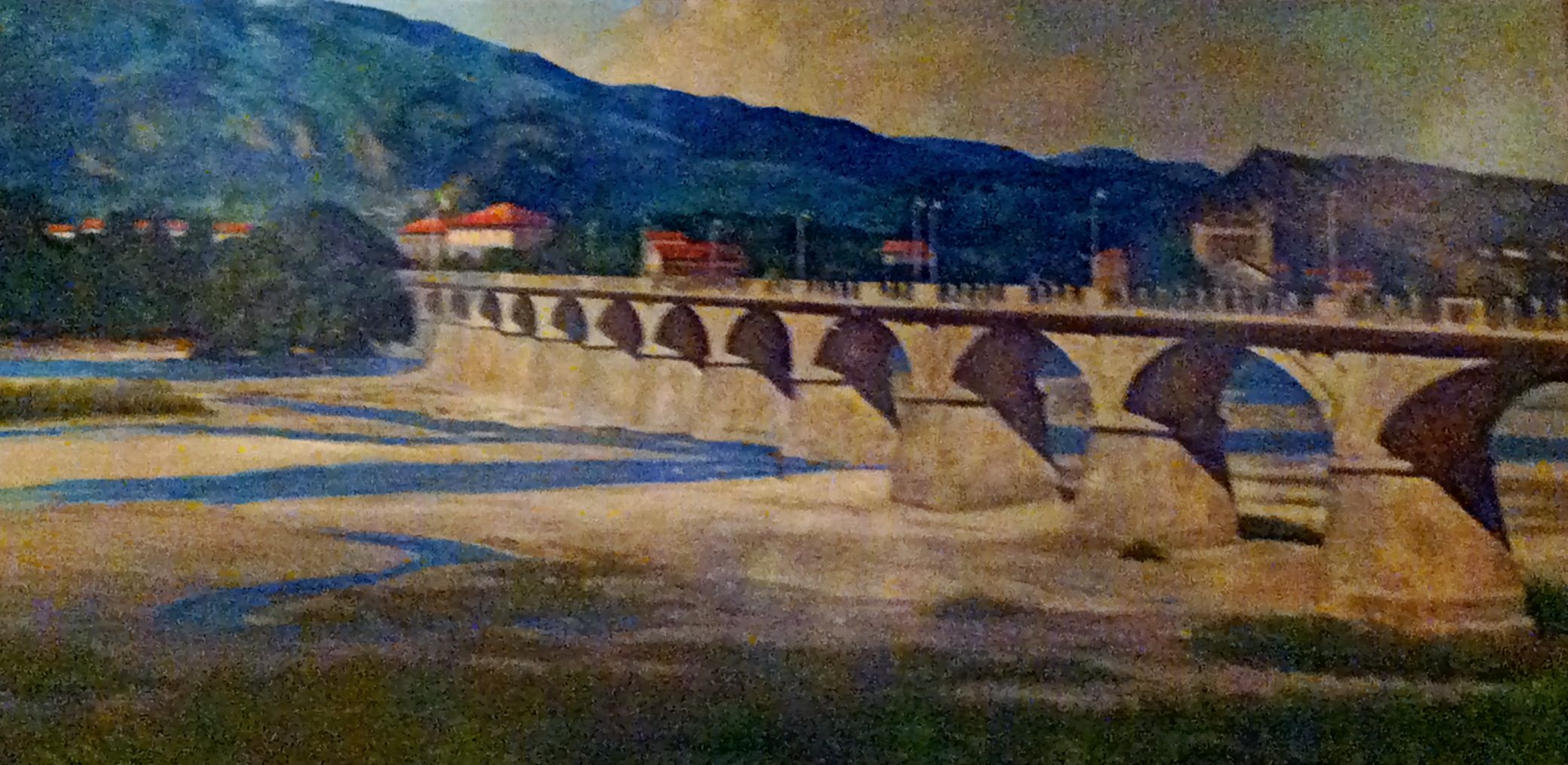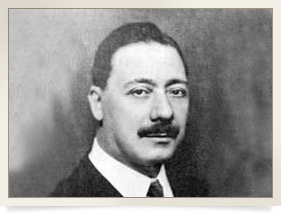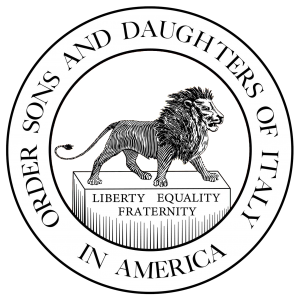About
The Watertown Sons of Italy Lodge Piave Fiume was founded in 1920 by Salvatore Cesareo, Antonio Abbondanzio and Michele Pane, along with a group of 20 other Italian immigrants living in Watertown, Massachusetts.
Originally meeting in a back room of a Nichols Avenue grocery store, then moving to various rental facilities including Natoli’s Hall on Main Street, in 1938 the newly formed Windsor Club Trust bought the first Watertown Sons of Italy facility on Langdon Avenue. A popular sporting club, the Windsor Club was home to the Sons of Italy until 1943.
Meeting again in various buildings, including Bond’s Hall on Main Street, in 1947 the Lodge
purchased land from the Hood Rubber Company on Bigelow Avenue in East Watertown
and using a Quonset Hut as a meeting hall. This meeting place lasted until 1955, when the
Lodge purchased a building from the Leavitt Shirt Company on Spring Street. Until the mid
1960s this large mill-type building served home to the Lodge, however due to wear and
tear it was time for a new home, so the building was sold. In the years to come meetings
where held in Eagles Hall and the Italian-American Social Club until the late 1960s where
meetings were held at the Whitney Plaza Apartment Complex, due to the generosity of
Pasquale ‘Pat’ Pannesi and efforts of Ralph Giradi. In 1970, under the leadership of Guy
Carbone and Paul Trombino, bond drives where held for the construction of a new building
on the land of 520 Pleasant Street. Finally in 1974 the current Pleasant Street building was
dedicated and became the permanent home of the Watertown Sons of Italy.
 The Bocce courts, located at the rear parking lot, were constructed by the vision of members Ferdinando Santamaria and Joseph Cimino. These two individuals are the catalysts who brought bocce to Watertown and made it what it is today. Over the years the Watertown Lodge has won many local and state tournaments, which are represented by the numerous awards on display in the Members Lounge.
The Bocce courts, located at the rear parking lot, were constructed by the vision of members Ferdinando Santamaria and Joseph Cimino. These two individuals are the catalysts who brought bocce to Watertown and made it what it is today. Over the years the Watertown Lodge has won many local and state tournaments, which are represented by the numerous awards on display in the Members Lounge.
Our name, Piave Fiume, was given to us by the founders who participated in a great battle, which took place at the River Piave, a river in northern Italy. In 1918, during World War I, it was the scene of Battle of the Piave River, the last major Austro-Hungarian attack on the Italian Front, which failed after costing Austria-Hungary nearly 200,000 casualties. The Battle of the Piave was the decisive battle of World War I on the Italian Front. The river is thus called in Italy ‘Fiume Sacro alla Patria’ (Sacred River of the Homeland). ‘La Leggenda del Piave’ (The Legend of the Piave) is an Italian patriotic song written by Ermete Giavanni Gaeta in June 1918. It is perhaps the most famous Italian song of the First World War dedicated to the resistance during the war.

You may listen to the song here.
A painting, made by member Joseph Santoro, of this river and the bridge where the attack occurred hangs today in the lobby of the building.
The Watertown Sons of Italy Lodge #1036, is a filial lodge of the Grand Lodge of Massachusetts, under the jurisdiction of the Supreme Lodge of the Order Sons & Daughters of Italy in America. Watertown Member Rodolfo Viscomi currently serves as the State Second Vice-President, along with Loreto Pellegrini as State Trustee. James DiStefano has served at a Past State President of Massachusetts, and currently is a National Delegate from District 3 at the Supreme Lodge.
A non-profit 501(c) 8 organization, the Lodge Piave Fiume has consistently raised tens of thousands of dollars annually to many deserving charities, scholastic scholarships and other non-profits, including:
OSIA Commission for Social Justice
Doug Flutie Jr. Foundation for Autism
Casa Monte Cassino
Watertown Youth Sports
Watertown School System
Nonantum Childrens Christmas Party Association
and many more
The Order Sons & Daughters of Italy in America (OSDIA) is the largest, oldest and most geographically
represented organization of Americans of Italian heritage in the United States. It is a non-
profit, non-sectarian, non-partisan fraternal organization.
The purpose of the entire organization is to enroll all eligible persons so that it may
successfully promote national education, charitable fundraising, secure adequate laws
for the benefit of its members, enrich and preserve the Italian culture and heritage and to
combat discrimination while protecting and upholding the positive image of the people of
Italian birth or descent.
The Grand Lodge of Massachusetts is one of the many state organizations of the National
Order Sons & Daughters of Italy in America with more than 600,000 members and supporters. The
National Lodge was organized in 1905, and the Grand Lodge of Massachusetts was
chartered in 1914 and encompasses Massachusetts, Maine, New Hampshire and Vermont.

Originally called “L’Ordine Figli d’Italia,” the Order Sons & Daughters of Italy in America was established in the Little Italy neighborhood of New York City on June 22, 1905, by Vincenzo Sellaro, M.D., and five other Italian immigrants who came to the United States during the great Italian migration (1880-1923). Their aim was to create a support system for all Italian immigrants that would assist them with becoming U.S. citizens, provide health/death benefits and educational opportunities and offer assistance with assimilation in America.
It was Dr. Sellaro who said, “Today I have a dream, that someday, even if it takes a hundred more years before we are fully accepted, our children and their children’s children, will be proud to carry on our traditions, culture and language. It is up to us, and what we do today.” – June 22, 1905
